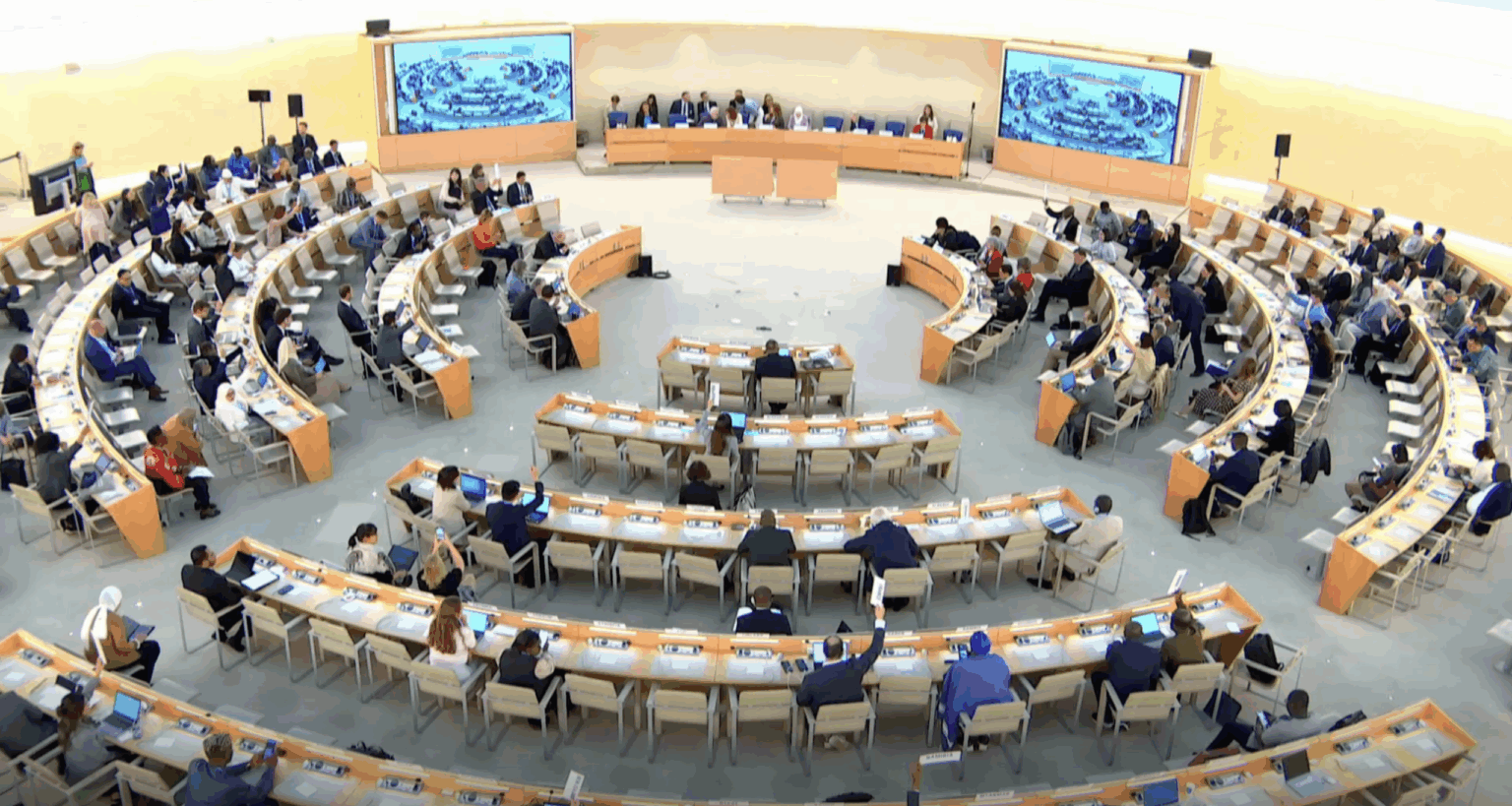The World Health Assembly has approved a Nigeria-led resolution urging stronger domestic health financing and reduced out-of-pocket costs to accelerate progress toward universal health coverage.
The 78th World Health Assembly (WHA) has adopted a landmark resolution aimed at strengthening global health financing to help countries meet their commitments to universal health coverage (UHC). Led by Nigeria, the resolution calls for urgent public investment in health systems, emphasising the need to shift away from out-of-pocket payments that continue to impoverish millions.
According to WHO, almost two billion people face financial hardship from healthcare expenses, with over 340 million pushed into extreme poverty. The resolution cites WHO data showing stagnant or declining domestic health spending between 2020 and 2022, especially in low-income countries, where out-of-pocket spending surged as donor support declined.
To address this, member states are urged to allocate at least an additional 1% of GDP to primary healthcare and adopt fiscal measures such as taxing tobacco, sugar, and alcohol. The resolution emphasises pooling public funds, aligning donor support with national priorities, and improving data transparency.
WHO has been tasked with tracking financing progress through 2030 and supporting countries to develop national health financing roadmaps. Strong support came from Zimbabwe, Public Services International, and civil society groups, who called for equitable, publicly funded healthcare systems grounded in social protection.



